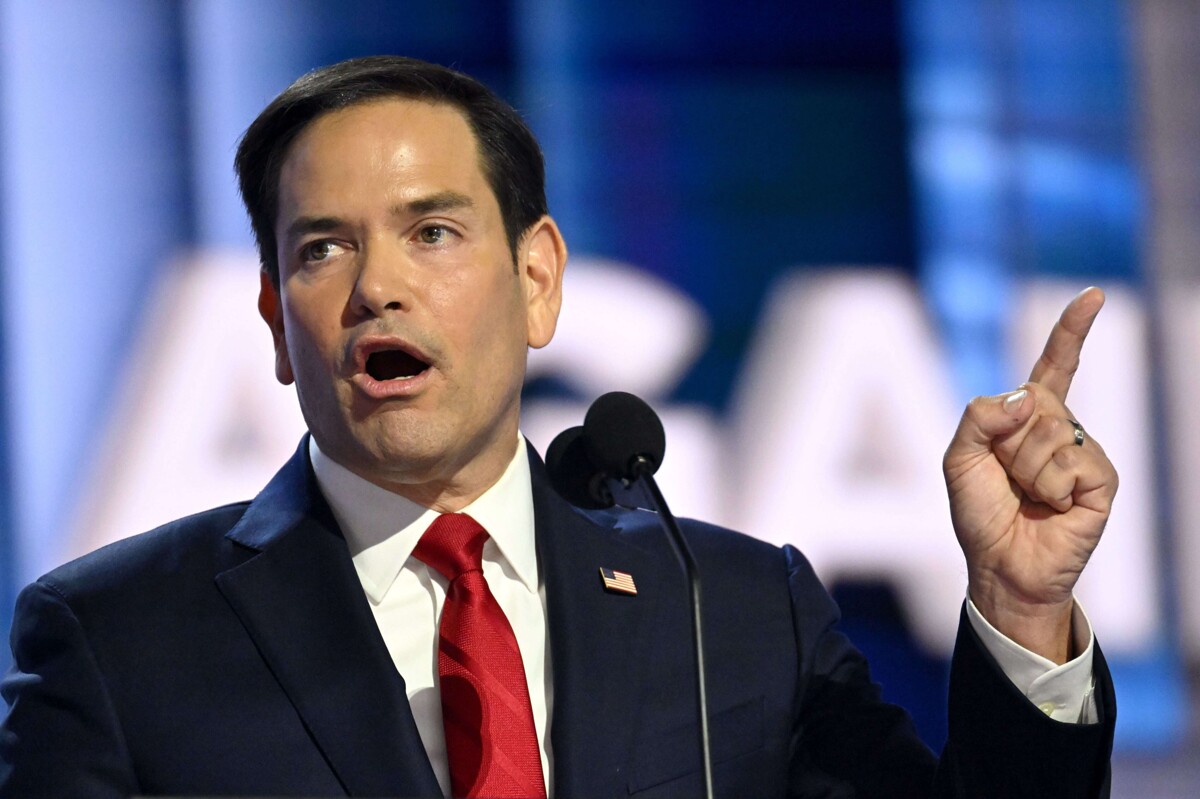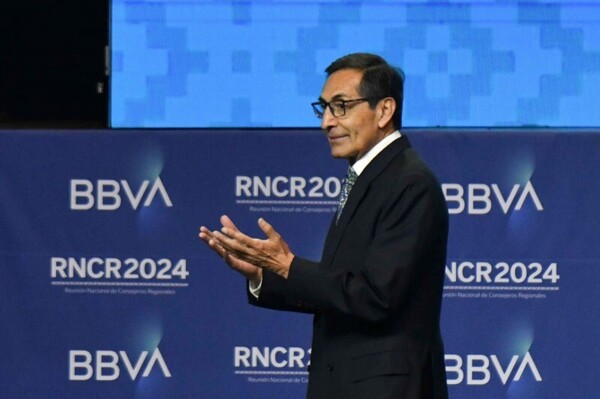
Florida Senator Marco Rubio has been nominated as Secretary of State in the second Trump Administration, with his main focus on the economic fight against China in Latin America, rather than on an ideological confrontation with the dictatorial regimes in the region. Rubio mentioned leaders such as the presidents of Ecuador, Peru, and Argentina, with whom Mexico has minimal relations, and suggested forming an economic alliance to counter Chinese influence in the region, considering resources like Argentine lithium, Peruvian copper, and hydrocarbon reserves in Guyana.
Rubio has maintained a critical stance regarding Andrés Manuel López Obrador's complacency with drug trafficking, labeling Mexico as an adversarial country instead of an ally of the United States, which poses a complicated scenario for bilateral relations. In the Senate, Rubio is recognized for his participation in committees related to U.S. foreign policy, including issues related to Latin America and Intelligence.
China's growing presence in Latin America is one of the major concerns for the United States, leading to measures such as the imposition of tariffs on Chinese automobiles, which could affect Mexican exports. Senator Rubio has alerted about Chinese attempts to exploit trade agreements to enter the U.S. market through Mexico, generating tension in the region.
For its part, China has strengthened its presence in Latin America with the inauguration of projects such as a mega-port in Chancay, Peru, aimed at improving logistical connectivity between the two countries and generating significant economic income. This situation poses a challenge for Mexico, whose current government appears to lack the necessary experience to face China’s strategies in the region.
Rubio's focus moves away from ideological considerations to concentrate on countering Chinese influence in the region, which could complicate relations between Mexico and the United States in economic and trade aspects. As Rubio's confirmation hearings as Secretary of State take place, it will be necessary to observe how this approach will affect political dynamics in Latin America and, in particular, in Mexico.














